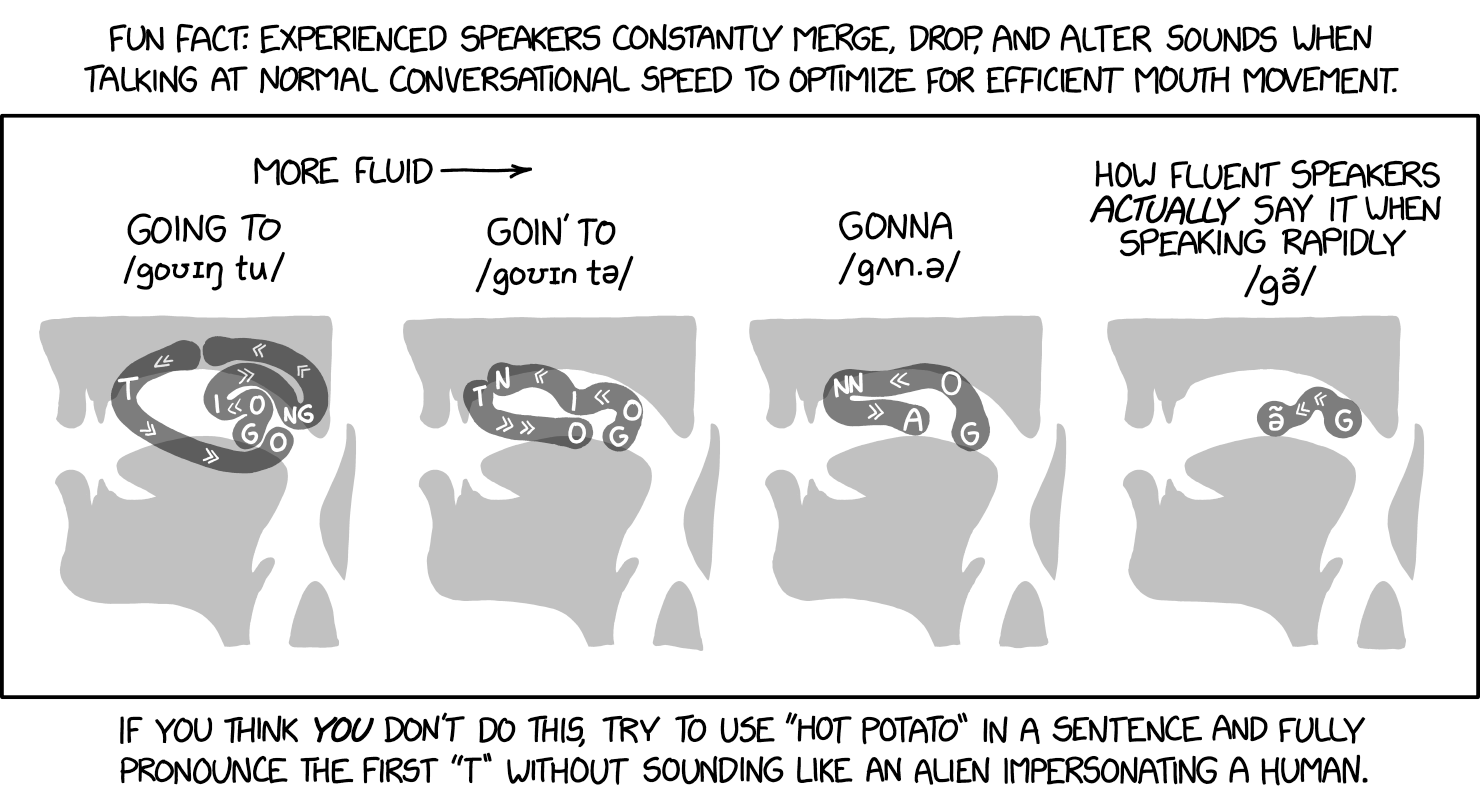A Kuchean shift in terminology from Indo-Iranian to Tocharian
Sino-Platonic Papers is pleased to announce the publication of its three-hundred-and-forty-eighth issue:
"A Historical Perspective on the Central Asian Kingdom of Kucha," by Angela F. Howard.
http://www.sino-platonic.org/complete/spp348_kucha.pdf
ABSTRACT
The article reexamines the dating of the earliest Buddhist cave paintings in the ancient Kingdom of Kucha, which was located in what is now Xinjiang, paying particular attention to the site of Kizil. Based on multiple Carbon-14 results spanning thirty years, historical and religious documents, and the author’s in situ research, the dating proposed is earlier than the traditional one, considered to be circa 500 AD. The latter was formulated, close to a century ago, by the scholar-explorer Ernst Waldschmidt on the basis of the “Indo-Iranian” style and is still used in art historical literature. Relying especially on Kucha’s comprehensive history, this paper suggests that the earliest cave paintings might have been coeval with the flourishing of Buddhism in Kucha during the fourth century. Given the centrality of the Tocharian language to the Sarvāstivādin Buddhist school associated with Kucha’s monasteries and the relative stylistic independence of Kucha from India, the author recommends adopting the term “Tocharian style” rather than “Indo-Iranian style” to describe artistic production in Kucha prior to the Tang.
Keywords: Tocharian, Central Asia, Caves
—–
All issues of Sino-Platonic Papers are available in full for no charge.
To view our catalog, visit http://www.sino-platonic.org/
Read the rest of this entry »
Permalink Comments off


